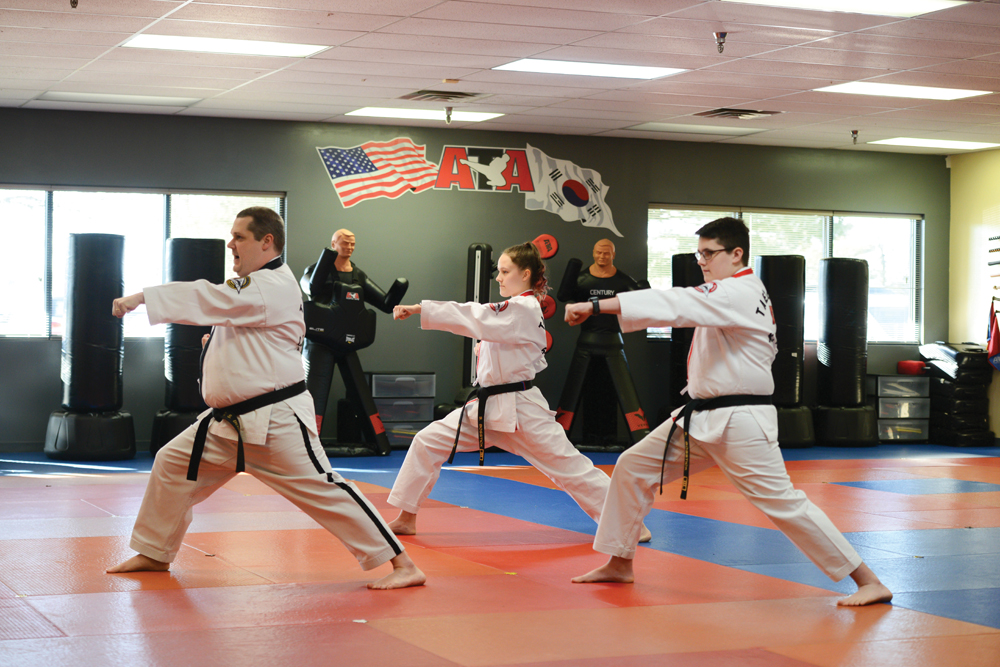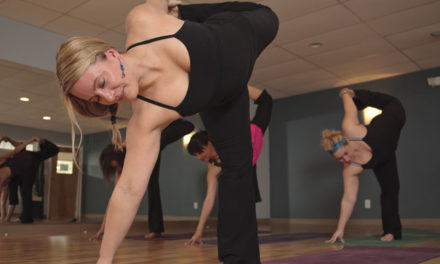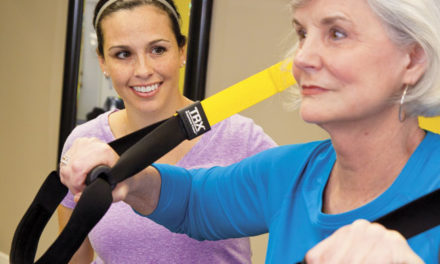
BY CRAIG COLEY
Bloomington ATA Family Martial Arts is a family-run business with a customer base of mostly families. Nearly every student learning the Korean art of taekwondo is training with siblings, parents, or both.
Owner Shane Bosstick says the school’s clientele is an example of like drawing like: He and his wife, Melissa, have four children, all of whom taught classes while growing up. The two youngest—Sabrina, 16, and Kaiden, 14, both third-degree black belts—continue to teach at ATA.
Students range in age from 4 to 66, from beginners to advanced black belts. When two family members are on a membership plan, other family members can train for no additional charge. Classes provide an intense workout, but Shane says the physical component is only one piece of a lifestyle program.
“It is not so much self-defense as it is self-improvement,” says Shane. “I haven’t really needed it for self-defense most of my life, but the idea of the discipline, the respect, the courtesy—what we call life skills—I’ve used constantly throughout my life. It’s really about making people’s lives better. The tool we’re using just happens to be the kicking and punching of martial arts.”
While Shane has been involved with martial arts since boyhood, Melissa was a gymnast in her youth and only tried taekwondo so the family could be together while Shane was learning to be an instructor. “And I absolutely fell in love with it,” Melissa says.
There has been something of a shift in martial arts in the United States since Shane began studying at age 12. At that time, he says, 90 percent of martial arts students were adults and he needed special dispensation to train. Then the 1984 movie The Karate Kid changed the industry. By 2010, 80 percent of students were 12 and younger. Shane says this shift has alienated some adults. For them, Bloomington ATA offers classes in other fighting systems.
Krav Maga, developed in Israel, teaches responses to scenarios ranging from choke-holds to gun attacks. Kali is a Philippine combat art based on knives and swords. “It’s not so much that you learn different martial arts skills,” Shane says, “but the paradigm from which you approach them is different.”
Visit bloomingtonmartialarts.com for more information.










